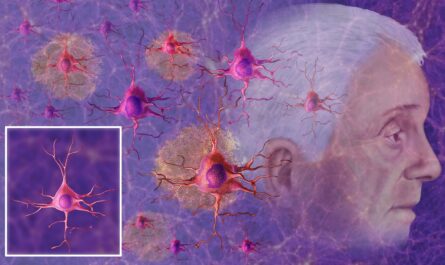The cases of nontuberculous mycobacteria (NTM) infections are on the rise worldwide, with a particular increase in areas affected by global climate change. NTM infections typically affect individuals with underlying health conditions, leading to symptoms resembling tuberculosis. Currently, the slow growth rate of NTM bacteria poses challenges in diagnosis and treatment, often taking months to confirm.
However, Tulane University researchers have developed a groundbreaking blood test utilizing CRISPR technology. The new test can provide results within two hours, significantly reducing the time for diagnosis compared to traditional methods. Published in the American Journal of Respiratory and Critical Care Medicine, the study demonstrated the test’s accuracy in identifying over 93% of patients with NTM infections.
Bo Ning, the lead author and assistant professor of molecular biology at Tulane University School of Medicine, emphasized the importance of timely and precise diagnosis in effective treatment. The blood test detects NTM DNA fragments in the bloodstream, enabling swift determination of appropriate treatment plans, a capability lacking in conventional diagnostic approaches.
The test specifically targets the mycobacteria avium complex (MAC), a prevalent type of NTM responsible for NTM-induced pulmonary disease. By detecting NTM DNA fragments, the test eliminates the need for prolonged culture analysis of slow-growing bacteria, streamlining the diagnostic process.
Ning highlighted the potential for the blood test to revolutionize NTM diagnosis, as it can deliver same-day results without requiring specialized facilities. With the increasing prevalence of NTM infections globally, accessible and efficient diagnostic tools like this blood test are essential in combating the disease.
Looking ahead, Ning aims to expand the blood test’s capabilities to detect various NTM species and develop point-of-care tests for prompt NTM detection. The ultimate goal is to remove barriers in testing and diagnosis, preparing healthcare systems for a potential surge in NTM infections.
As NTM infections continue to pose a public health challenge, innovations in diagnostic technologies like the CRISPR-based blood test offer hope for faster and more accurate identification of NTM infections, ultimately leading to improved patient outcomes.
Note:
1. Source: Coherent Market Insights, Public sources, Desk research.
2. We have leveraged AI tools to mine information and compile it.




